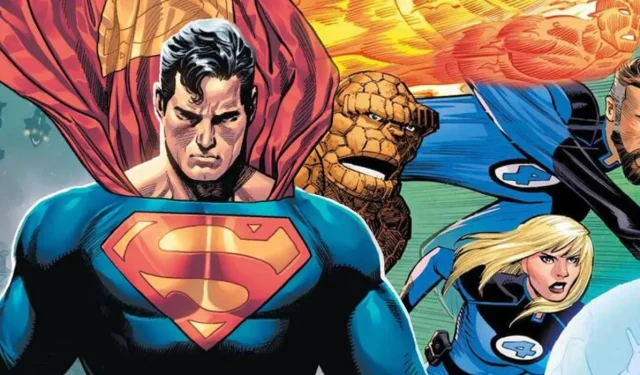
In the realm of superheroes, each character has a unique approach to heroism, making it uncommon for two heroes to arrive at identical solutions. A notable moment that illustrates this contrast involves Superman, whose decisive actions raise questions about the heroism of Mister Fantastic, a character from Marvel. Reed Richards grapples with the complexities of heroism that Superman navigates effortlessly.
Comparing Heroes: Superman and Reed Richards
In Justice League of America #84 and Fantastic Four #2, both Superman and Reed Richards face exceptionally similar dilemmas: they have the opportunity to effectively neutralize their archenemies, Lex Luthor and Doctor Doom, by choosing not to restore their memories. Clark Kent acts without hesitation, opting to reinstate Luthor’s memories, while Reed pauses to contemplate his decision.
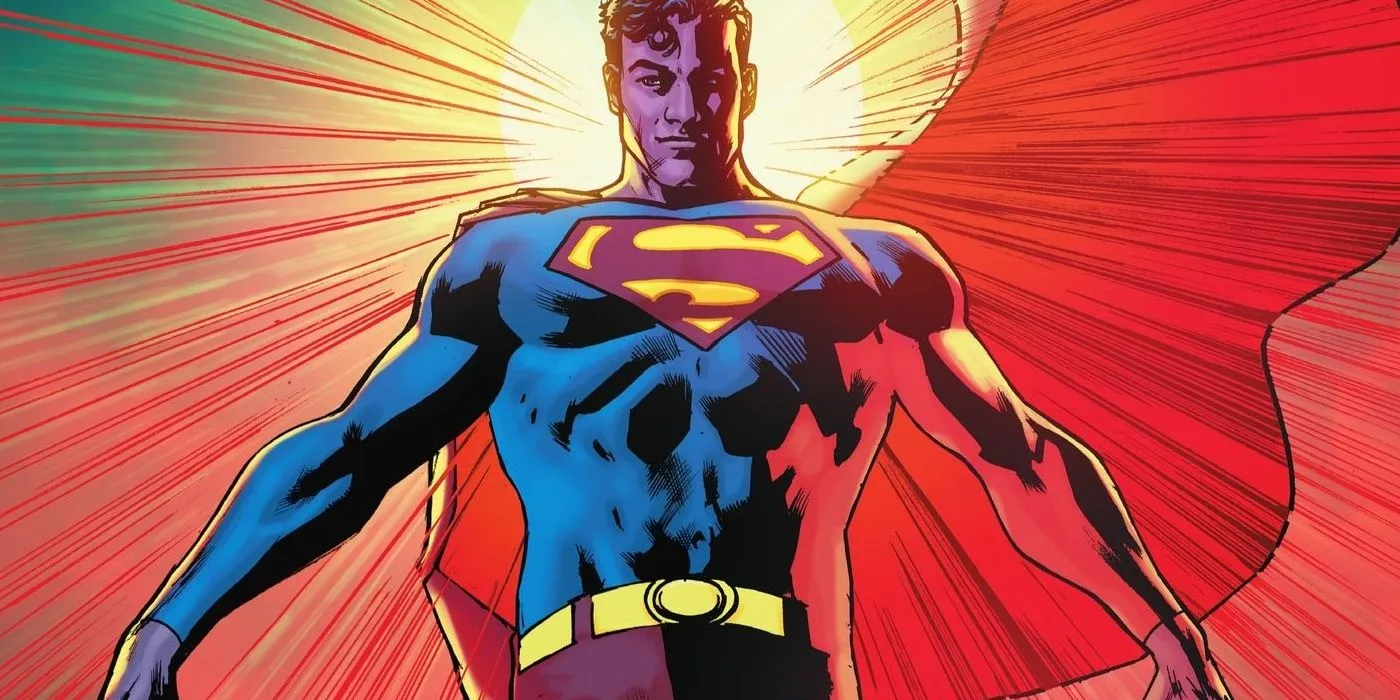
Reed ultimately comes to the same conclusion about Doctor Doom and chooses to restore his memories, but his hesitation reveals a deeper internal conflict. This juxtaposition offers a compelling insight into Mister Fantastic’s moral complexity — a battle between logic and ethical duty.
Superman: The Automatic Heroic Choice
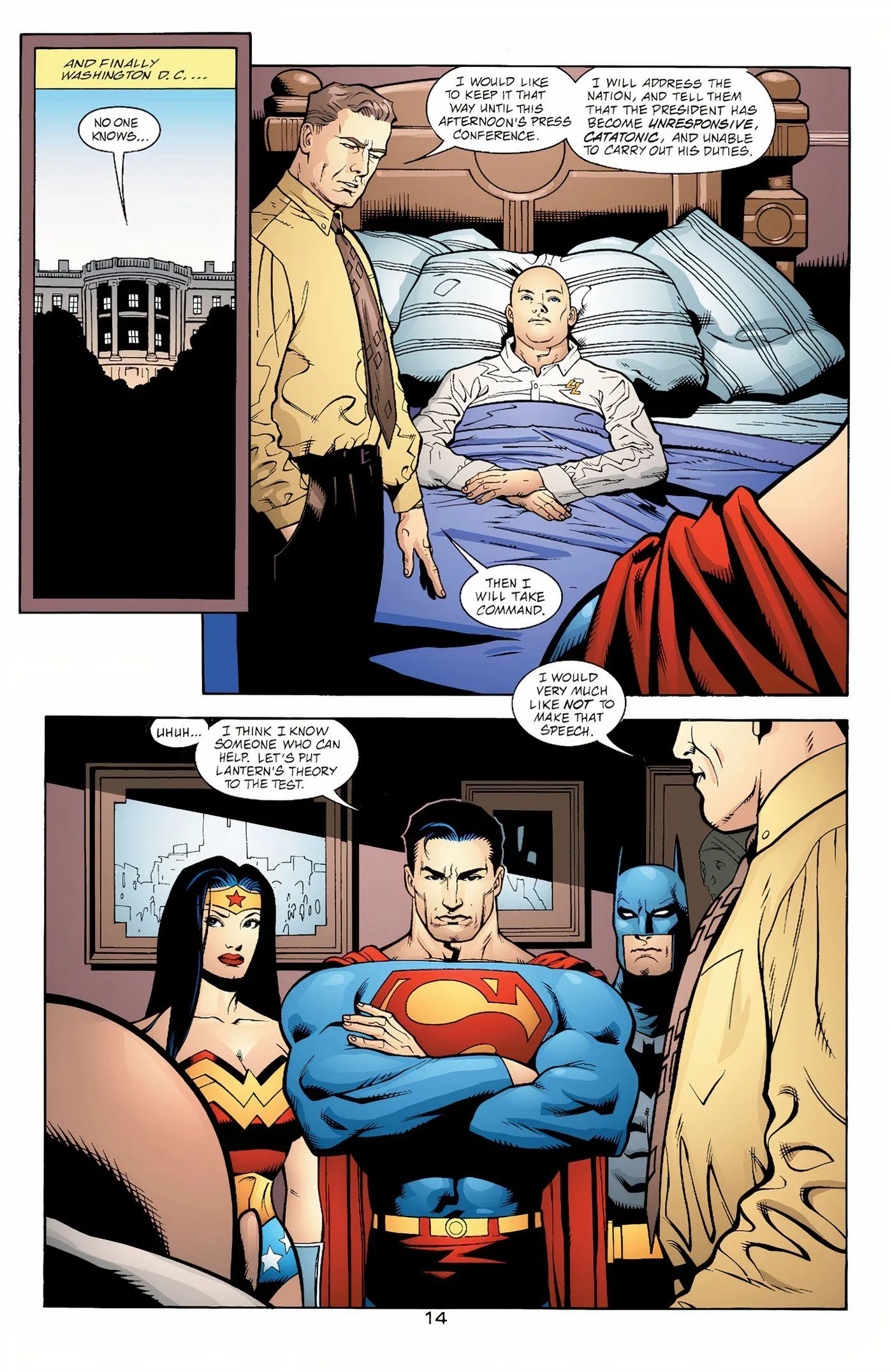
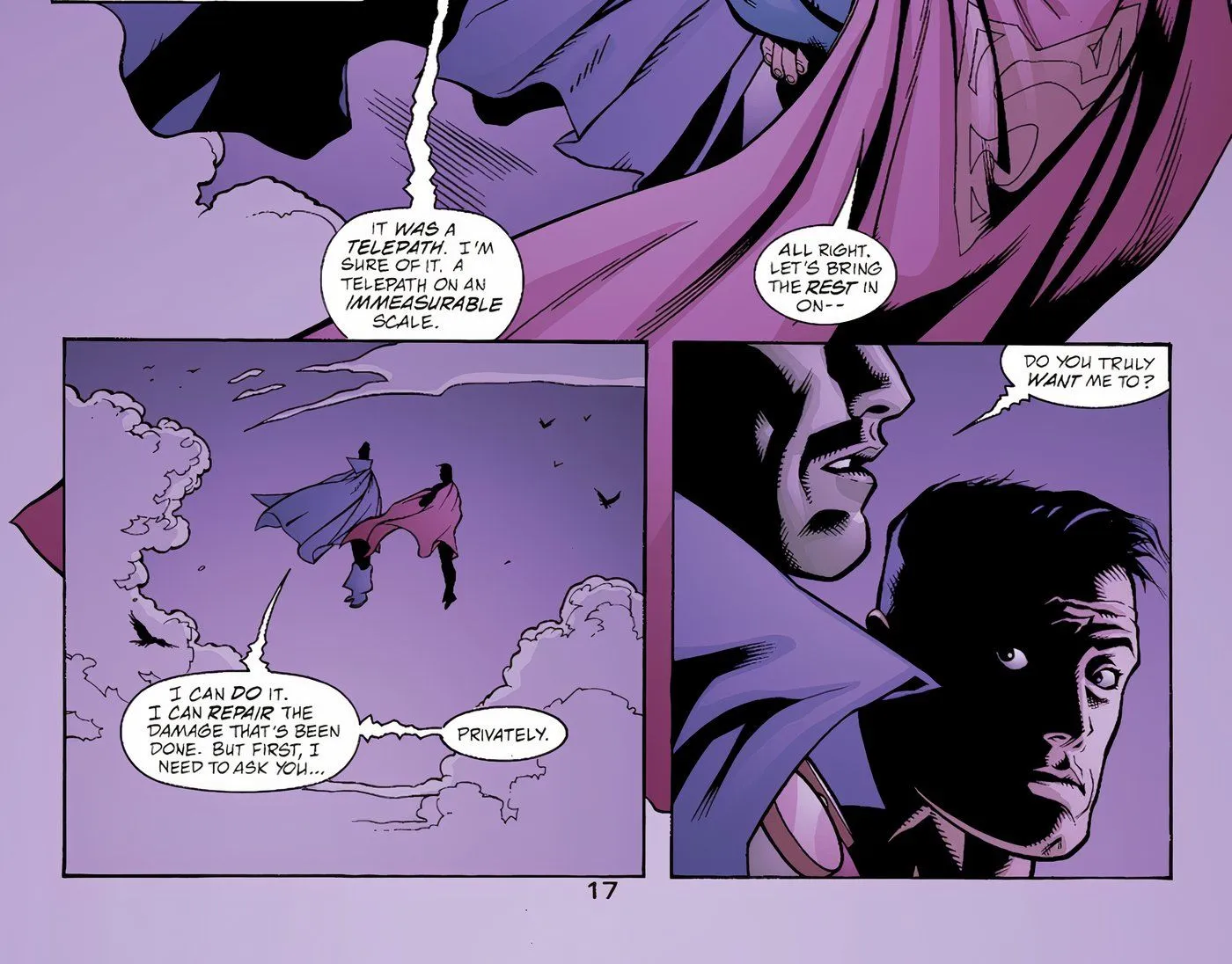
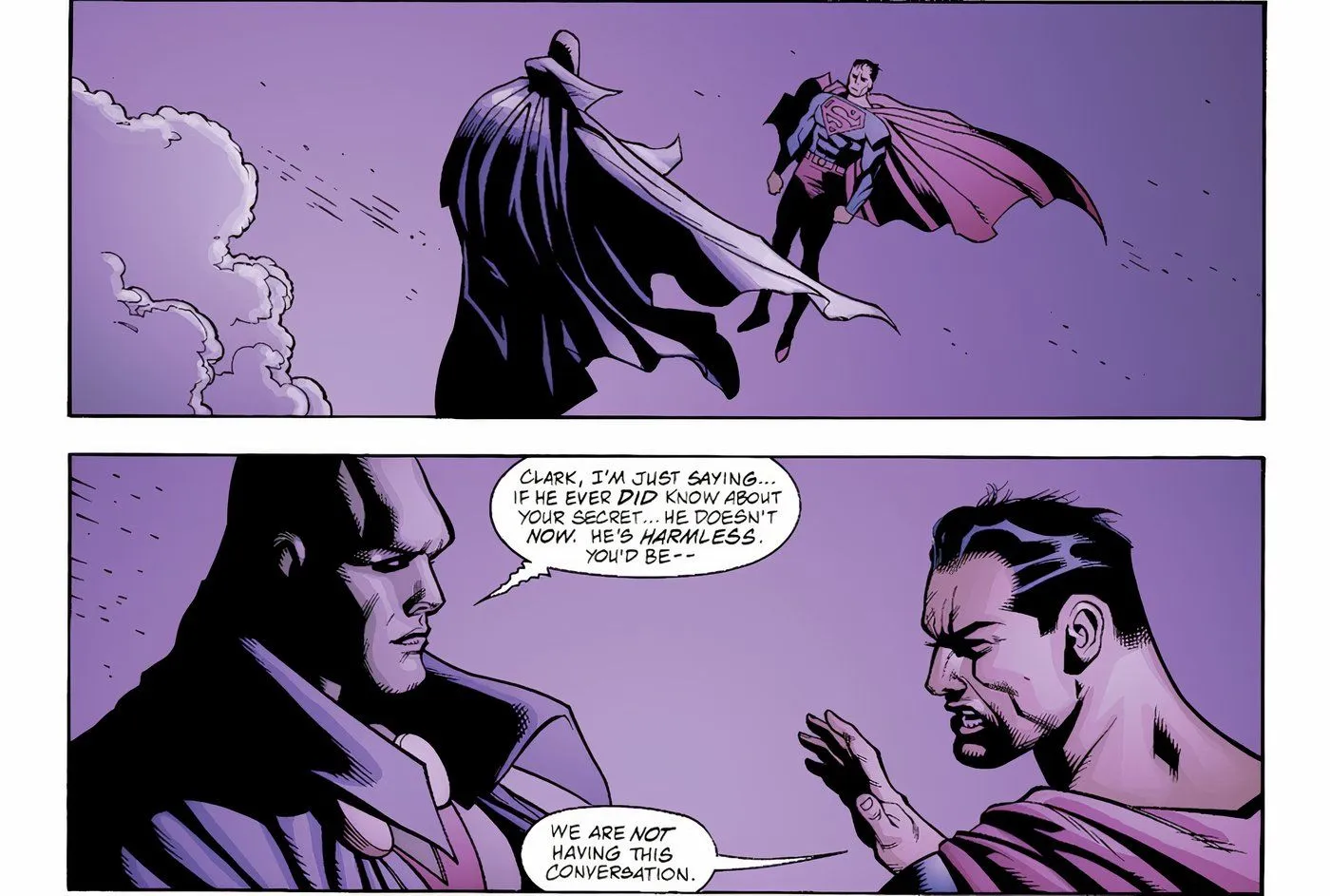
In the story from Justice League of America #84, Lex Luthor becomes the target of a villainous telepath, rendering him catatonic. Superman, familiar with Lex’s relentless schemes against him, collaborates with Martian Manhunter to restore Luthor’s mind. J’onn questions Clark’s motives, but Superman’s resolve is immediate. He is determined to assist Lex, as abandoning him contradicts his moral foundation.
Unlike Superman’s inherent sense of righteousness, Reed Richards embodies a more calculated form of heroism. His decision-making process reflects a filter of logic rather than a spontaneous moral compass.
Mister Fantastic: Logic and Heroism

Eventually, Reed makes the choice to restore Doctor Doom’s memories, yet his deliberation is revealing. The Invisible Woman has noted Reed’s strength lies in his ability to think beyond emotion, which allows him to identify options that others may overlook. This rational perspective occasionally leads to morally ambiguous places, diverging from traditional heroism. As he weighs his options regarding Doom, the darker facets of his character begin to surface.
In contrast, Clark Kent relies heavily on his emotions, frequently displaying compassion, even amidst dire circumstances. His actions align naturally with his character, whereas Mister Fantastic’s heroic choices derive from calculated deliberations, highlighting a unique framework of rationality guiding his actions. Reed champions the greater good, yet this is intermingled with a practical assessment of outcomes that distinguishes him from a hero like Kal-El.
Diversity of Heroism in Comics
The Varied Struggle of Superheroes
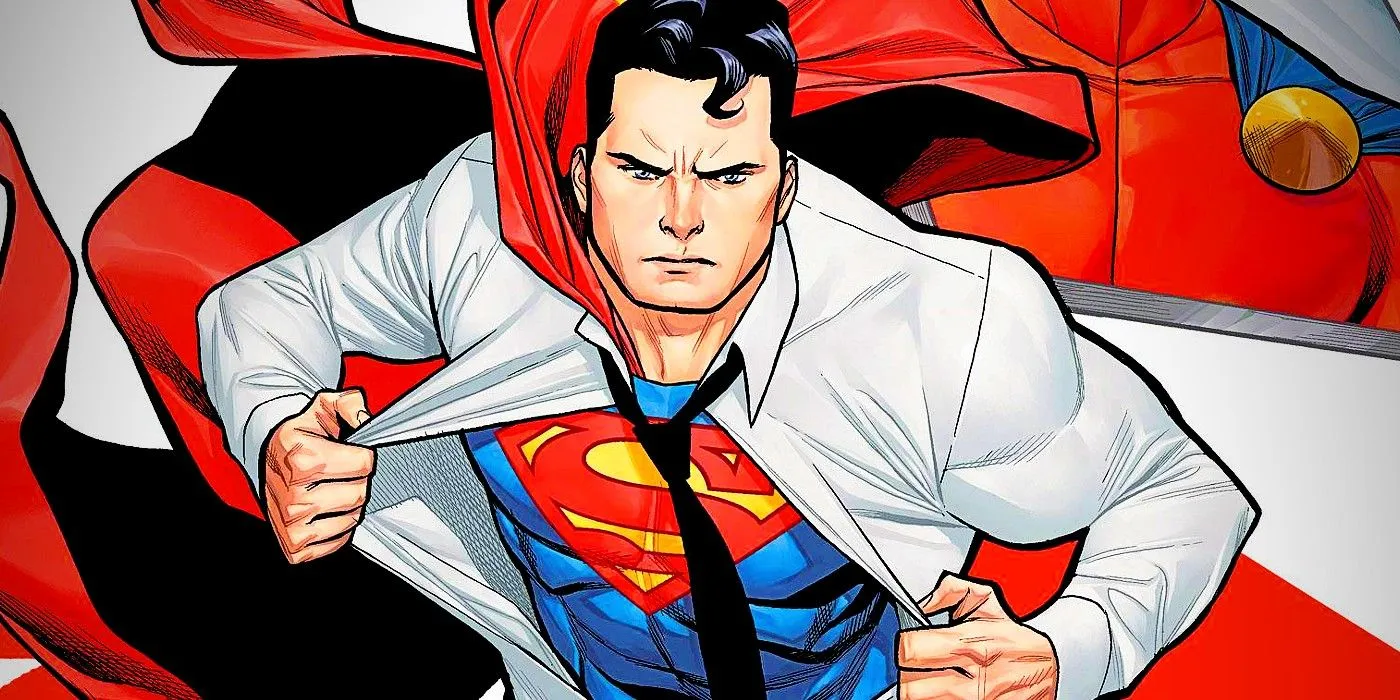
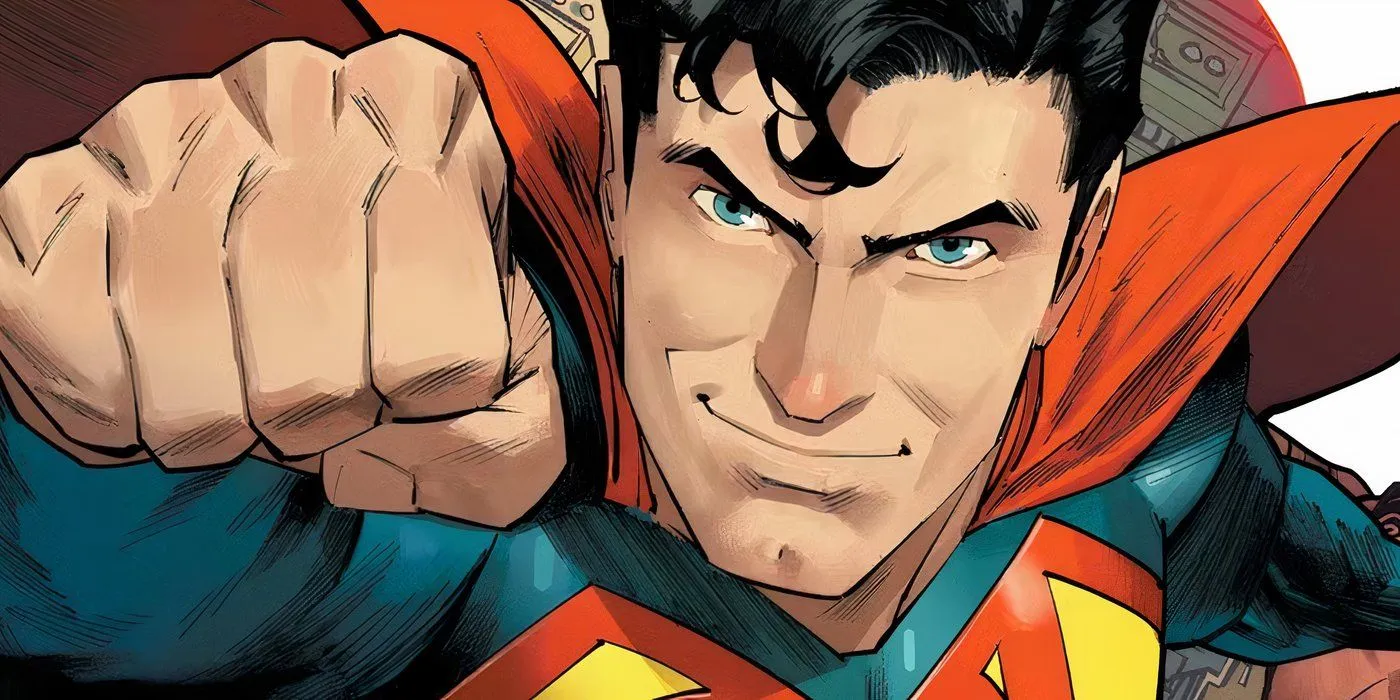
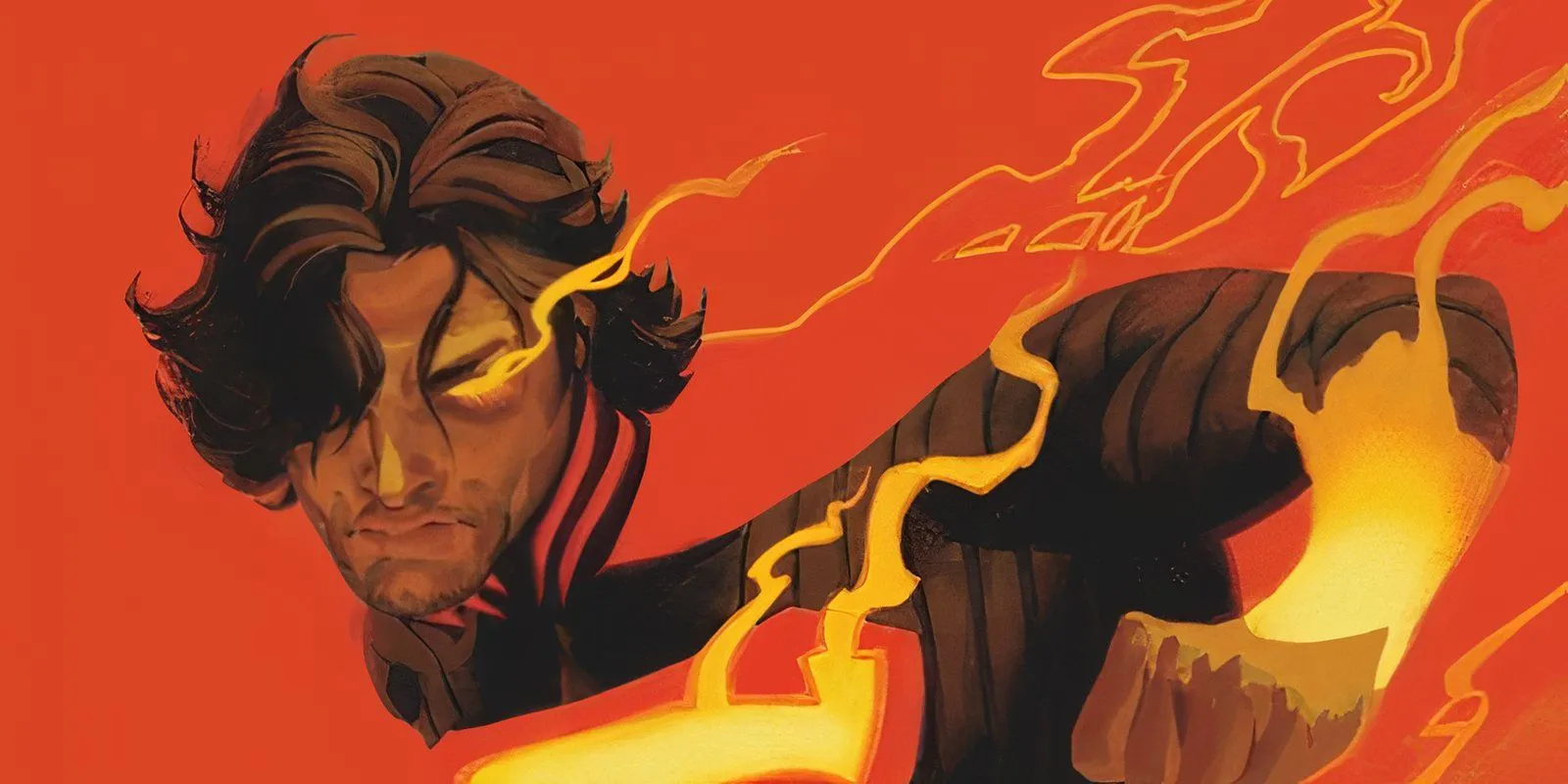
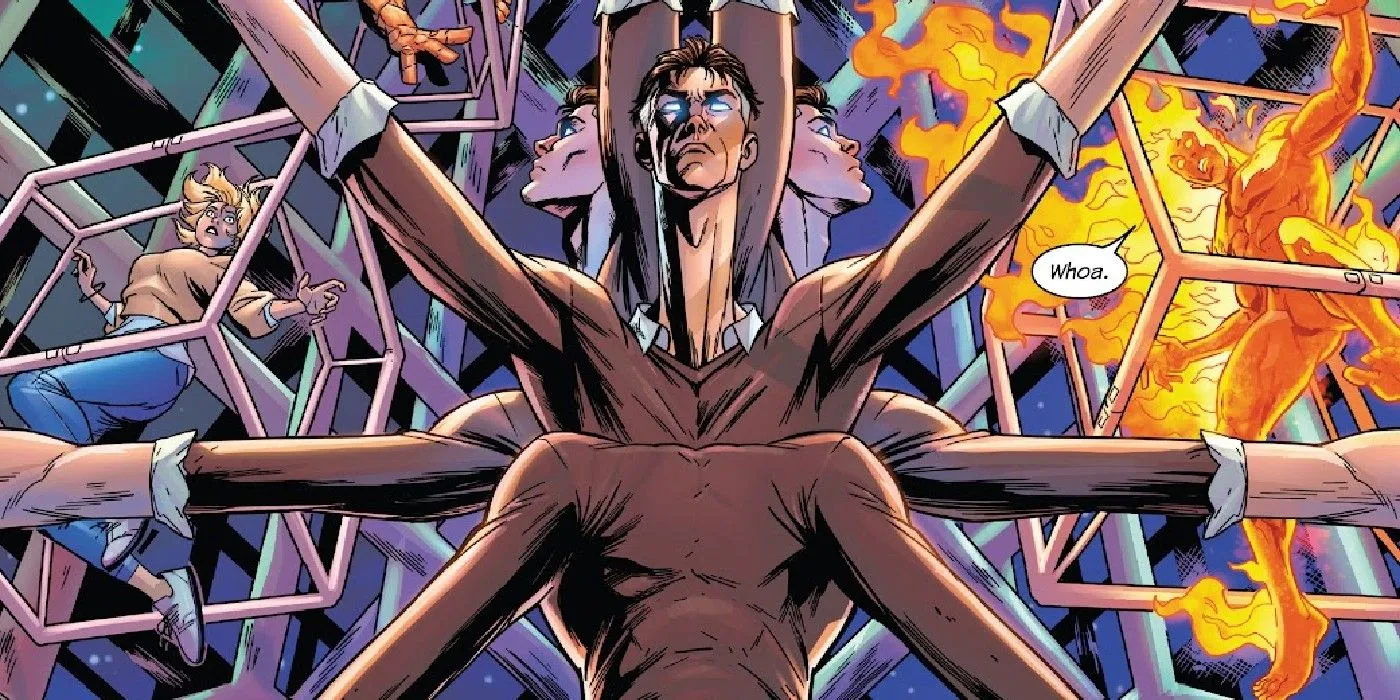
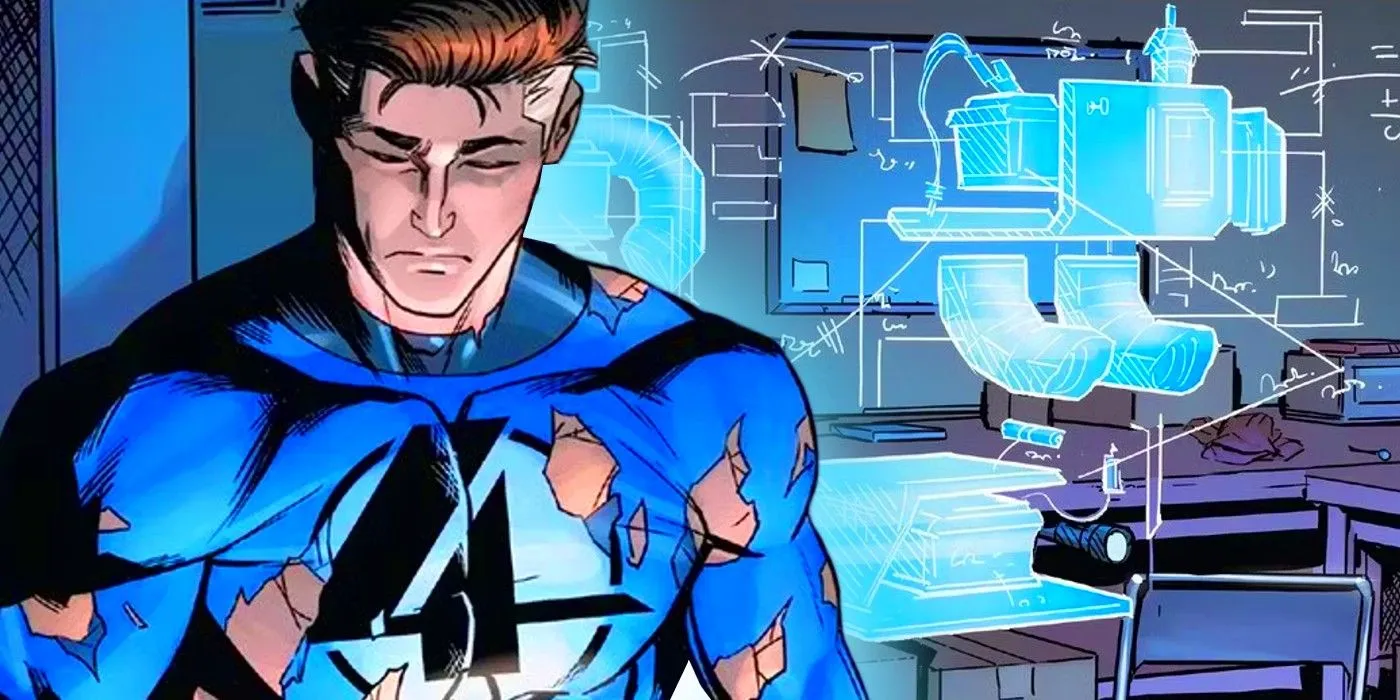
Both Superman and the Fantastic Four have safeguarded their worlds repeatedly, each journeying through diverse realms and timelines to aid various beings in need. Reed’s pathway to heroism is notably different from DC’s Superman, despite both heroes reaching similar conclusions in critical situations. Clark’s moral clarity requires no justification, as his instinctive sense of justice suffices. Conversely, Reed’s earlier reluctance to save Doom affirms that he does not fit into a conventional hero mold.
Mister Fantastic may not embody the archetypal superhero persona, yet his reliance on logic and reason renders his contributions significant. His calculated sector of heroism prompts questions about what it truly means to be brave in the face of such accessibility to harsh decisions. While Clark acts by instinct, Reed’s heroism is cultivated through thoughtful reflection, underscoring a nuanced interpretation of bravery. In essence, Mister Fantastic may not be Superman, yet his dedication to practical integrity proves pivotal in the complex landscape of modern heroism.




Leave a Reply